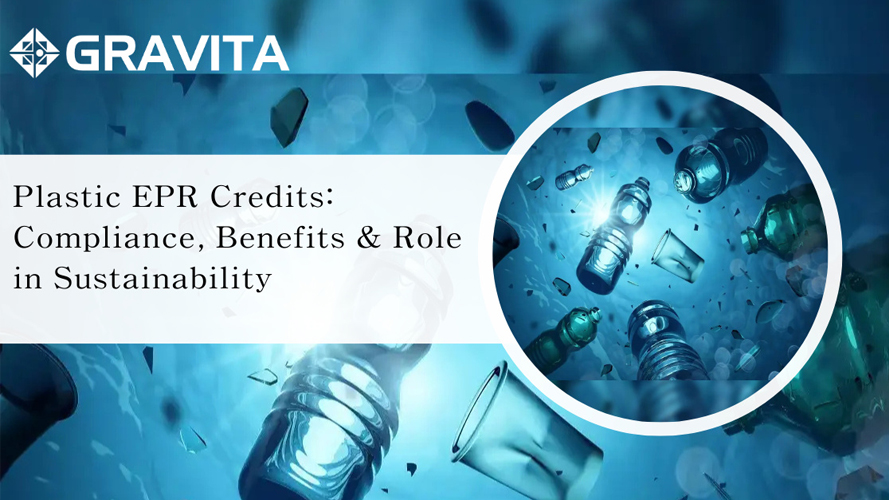
![]()
Why Plastic EPR Credits Are Essential
Plastic EPR Credits have become central to India’s waste management ecosystem. With the rise of plastic consumption across industries, producers and brands are under regulatory pressure to handle post-consumer waste responsibly. The Extended Producer Responsibility (EPR) system ensures accountability, and Plastic EPR Credits act as a compliance mechanism that connects businesses with verified recycling outcomes.
What Are Plastic EPR Credits
Plastic EPR Credits are certificates that verify a defined quantity of plastic waste has been collected, processed, and recycled by authorized recyclers. These credits are essential for companies registered as Producers, Importers, and Brand Owners (PIBOs) who must meet EPR obligations under India’s Plastic Waste Management Rules. Instead of directly handling waste, PIBOs can purchase Plastic EPR Credits from accredited recyclers to demonstrate compliance.
How Plastic EPR Credits Work in India
Footprint Assessment – Businesses calculate the total plastic packaging introduced into the market each year
EPR Target Allocation – The Central Pollution Control Board (CPCB) sets category-wise plastic waste recycling targets
Collection and Recycling – Authorized recyclers collect and process plastic waste according to CPCB guidelines
Issuance of Credits – Once verified, Plastic EPR Credits are issued for every unit of plastic waste managed
Compliance Reporting – PIBOs submit Plastic EPR Credits on the CPCB EPR Portal to meet annual compliance requirements
Key Benefits of Plastic EPR Credits for Businesses
Regulatory Compliance – Satisfy CPCB rules and avoid penalties
Cost-Effective – Provides flexibility compared to setting up in-house recycling systems
Reputation Building – Strengthens sustainability credentials with customers and investors
Supports Recycling Ecosystem – Drives investment into formal waste management infrastructure
Transparent Verification – Credits issued through the CPCB portal reduce risks of double counting or misreporting
Challenges Associated with Plastic EPR Credits
Variability in credit availability across regions
Risk of greenwashing if credits are not verified properly
Rising demand leading to higher prices for Plastic EPR Credits
Lack of global uniformity in credit frameworks
Plastic EPR Credits Under Indian Regulation
The Plastic Waste Management Rules (2016, amended 2022) made EPR mandatory for PIBOs. Plastic EPR Credits are managed through the CPCB EPR Portal, where registered recyclers upload verified data. Credits are categorized by plastic type, such as rigid, flexible, multi-layered plastics (MLPs), and compostable plastics. Annual targets differ by category, ensuring a structured approach to waste reduction.
How to Choose the Right Provider for Plastic EPR Credits
Businesses seeking Plastic EPR Credits ought to check for:
CPCB registration and authorization
Third-party verification of recycling activities
Transparent reporting dashboards for traceability
Demonstrated social and environmental impact in local communities



